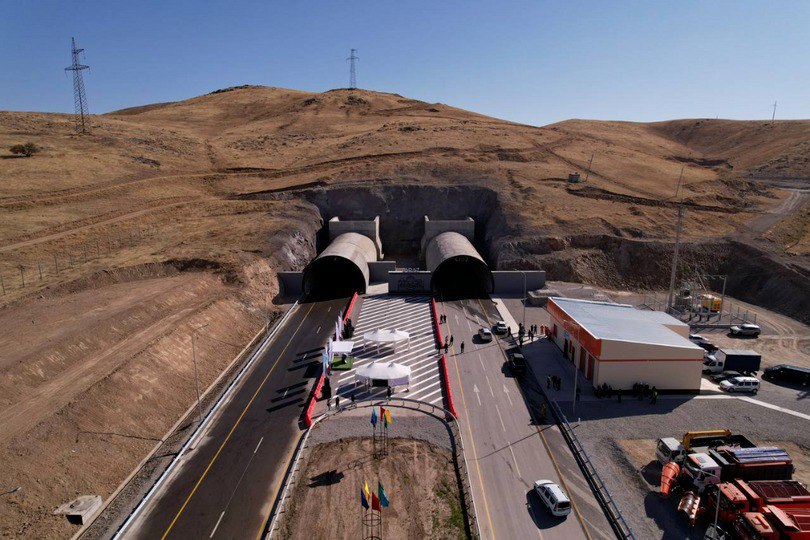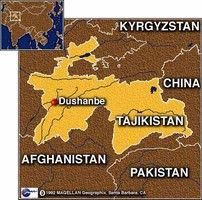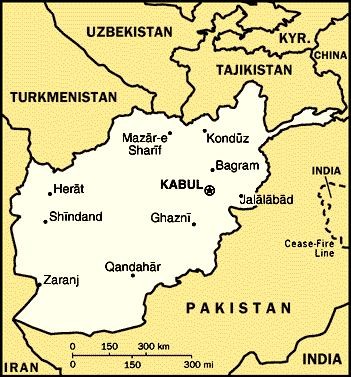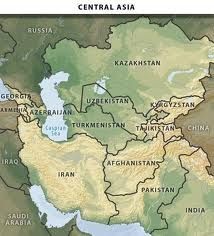EDB Supports Construction of Strategic Highway in Kyrgyzstan
The Eurasian Development Bank (EDB) has pledged up to $200,000 for a preliminary feasibility study for the Bishkek - Kuntuu - Belogorka - Suusamyr highway. This alternative route aims to connect Kyrgyzstan’s capital, Bishkek, with the southern and western regions of the country. An agreement for technical assistance was signed on December 5 between the EDB and Kyrgyzstan’s Cabinet of Ministers. Strategic Importance The proposed highway is expected to have significant strategic, economic, and social benefits for Kyrgyzstan. Beyond improving transport infrastructure, it will facilitate access to mineral deposits and create new employment opportunities both during construction and operation. Nikolai Podguzov, Chairman of the EDB Management Board, emphasized the project’s importance: “This initiative is part of the Eurasian Transport Framework, a key investment mega-project. It aims to strengthen transport connectivity among Kyrgyzstan’s economic centers while increasing the transit potential of Kyrgyz highways and attracting greater interest in road transportation through Kyrgyzstan from neighboring countries.” Alleviating Traffic and Economic Growth Deputy Minister of Transport and Communications Bekzhan Rysmendeev highlighted the project’s role in addressing existing infrastructure challenges. “The Bishkek—Osh highway, Kyrgyzstan’s main arterial road, currently handles 5,000 to 18,000 vehicles per day and is struggling to accommodate the growing traffic flow,” he explained. The new highway is set to reduce the travel distance by 164 kilometers compared to the existing route, providing an alternative pathway to southern regions and improving access to mining areas. “This public-private partnership project will ease congestion on the Bishkek—Osh route, contribute to economic and social development, and foster international and domestic tourism and trade,” Rysmendeev added. Regional Connectivity As part of the EDB’s broader mission to invest in Eurasia, this project aligns with the bank’s goals of enhancing regional connectivity and economic development. The EDB, a multilateral development institution, includes Armenia, Belarus, Kazakhstan, Kyrgyzstan, Russia, and Tajikistan as its member countries.






